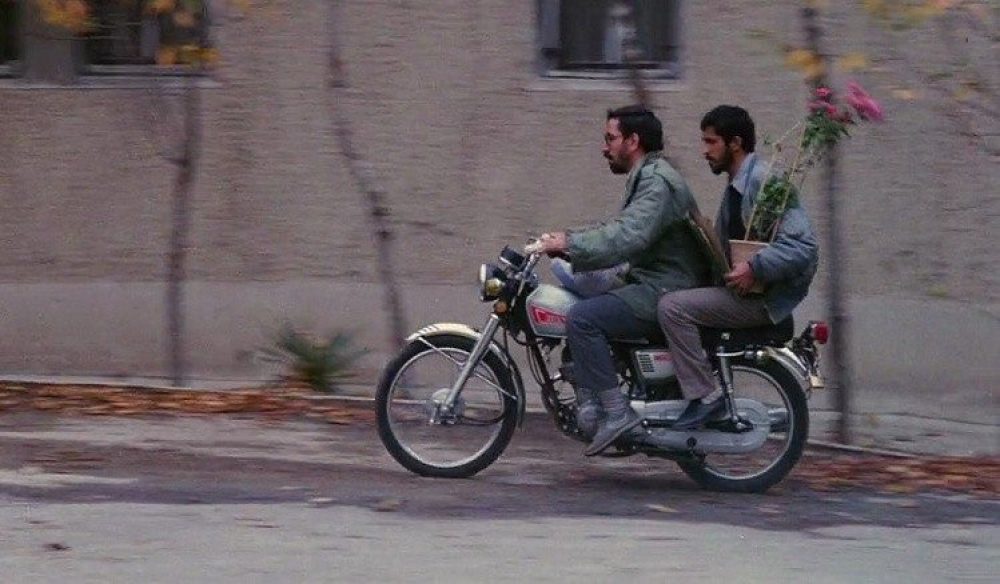The film, “The Cow” as I’m beginning to believe is true of most everything, both modern and not modern at the same time. The characters all exhibit traits there are very purposefully designed to appear unenlightened, closed off from the rest of the world, and superstitious. There is a feud with a neighbouring town, a fundamental lack of compassion and understanding for the mentally challenged boy, and repeated fear of an “evil eye” is mentioned by the women. Yet, the movie seems very aware of this, and seems to want the viewer to be too. This lack of understanding of the perspective of others is the root of all conflicts. Fear of the neighbouring village is, in large part, the driving force of Hassan’s mental breakdown. The inability of his neighbours to comprehend his situation, and help him out of it is what causes his death. Had Hassan lived in the city, the events of the movie would have played out very differently. With access to a global collaboration of medicine, he may have been treated immediately. Despite the lack of tangible modernity in the film itself, the themes all seem very modernist.
At a time when modernity was in the forefronts of the minds of so many Iranians, it makes complete sense that this film would have been so highly acclaimed by critics. Modernity was, and remains, a touchy subject in Iran. It needed to be approached with caution. This movie’s just subtle enough message achieved just that. There was an advocacy throughout for modernity without it ever being too explicit. The movie managed to capture the life of an Iranian village in a critical light without being offensive, or degrading the people who lived there. Thus, a message was sent to the target audience without a necessary fear of extreme backlash.

Hidden Criticisms in “The Cow” | Iran, Islam, and the Last Great Revolution Fall 2018
I concur that the film was masterful in its subtle presentation of a political statement and its gentle way of probing issues with Iranian society. However, I’m not entirely convinced that the primary thrust of that political message was at the importance of creating an urbanized modernity. Instead, I think the filmmaker attempted to provide a nuanced look of toxicity in Iranian society in general; toxicity not limited to the rural realm but also seeping from the elaborate palaces of the Shah.
I agree with your assessment that the filmmaker deliberately depicted the village as being pre-modern or otherwise in opposition to a rationalized and developed modernity. However, I’m not sure that there is a unequivocal advocacy for modernity, as you imply. At least to me, the treatment of the village was not simply a rebuke for its backward ways.